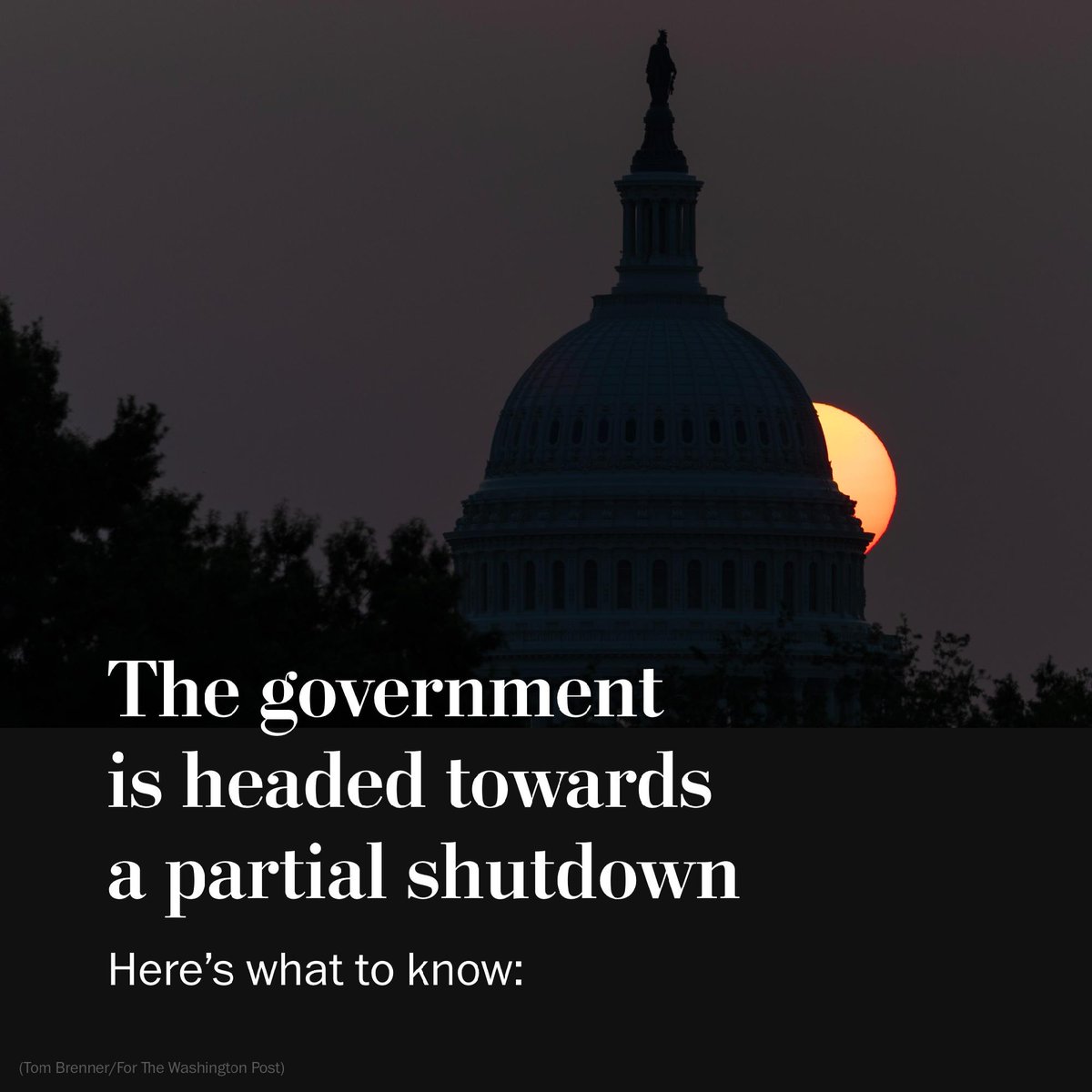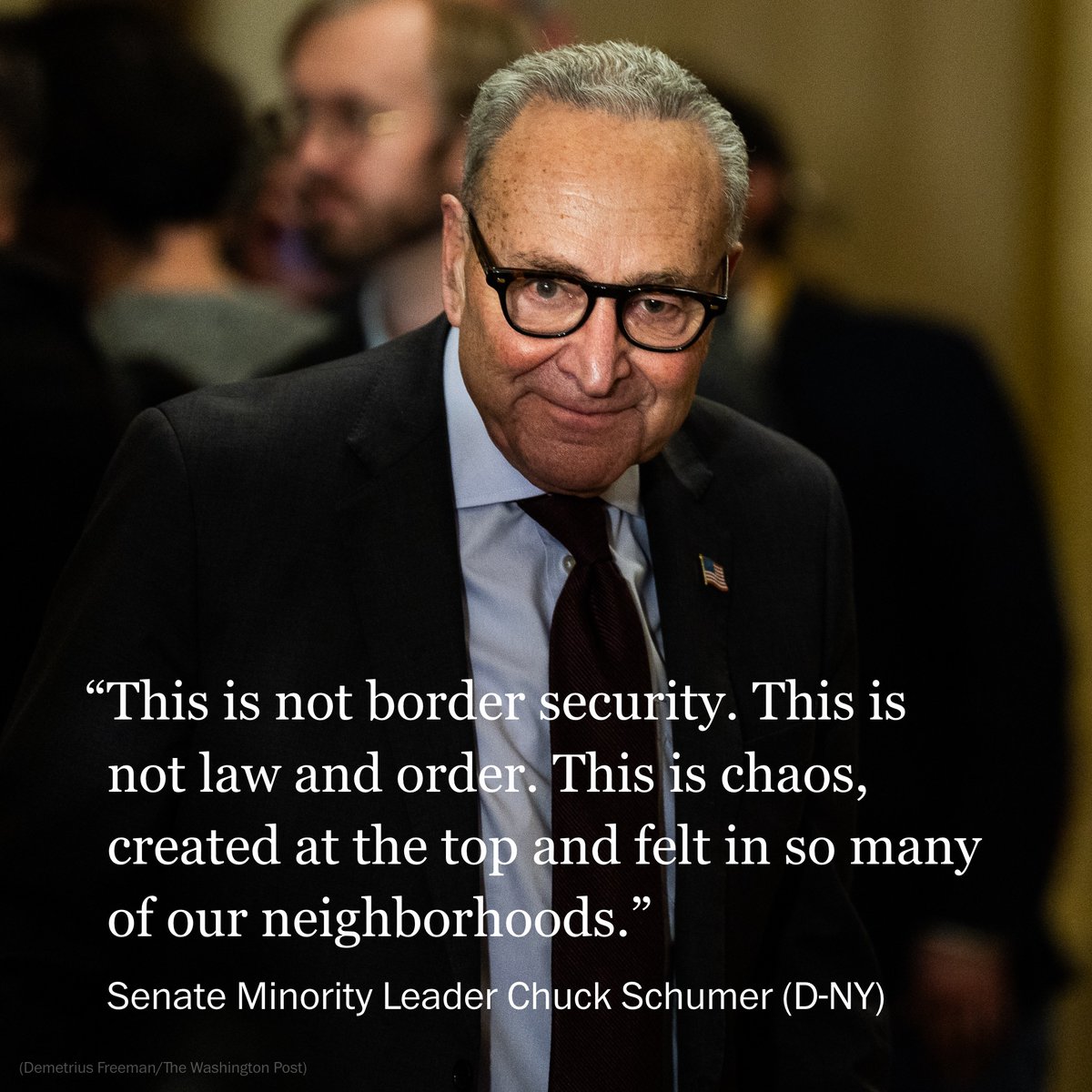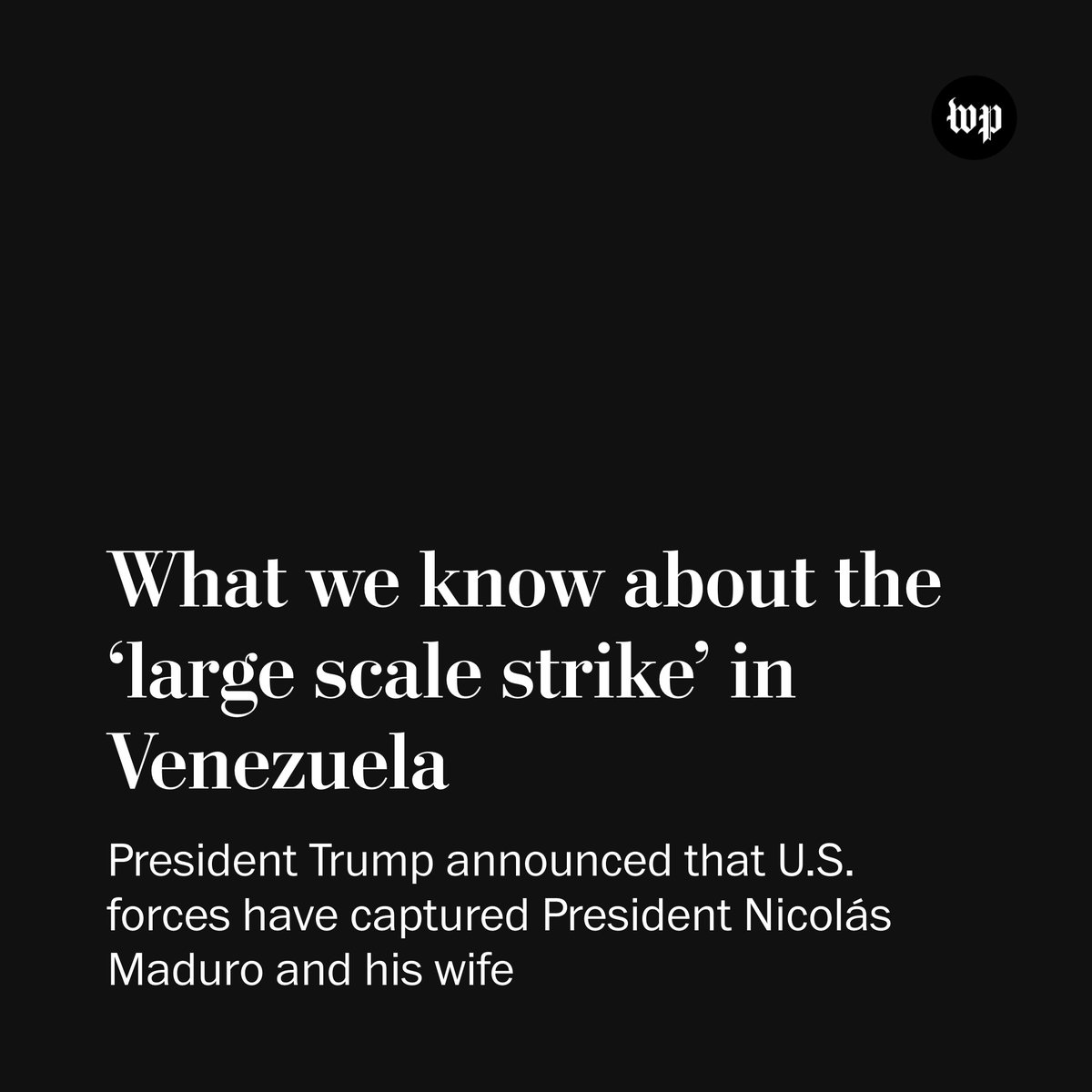The 19th Amendment was ratified 100 years ago today.
@MonicaHesse writes: Women’s suffrage was a giant leap for democracy. We haven’t stuck the landing yet. wapo.st/32679ES
@MonicaHesse writes: Women’s suffrage was a giant leap for democracy. We haven’t stuck the landing yet. wapo.st/32679ES
@MonicaHesse Historians have unearthed new evidence that, because of a strange loophole in New Jersey's state constitution, more than 100 women voted before 1807 wapo.st/347KpqZ
@MonicaHesse In 1840, William Henry Harrison invited women on the campaign trail for the first time, long before they had the power to vote. wapo.st/34cV7fM
@MonicaHesse Suffragist Virginia Minor tried to vote for president in 1872. When she was blocked, she fought all the way to the Supreme Court — a case that led to the push for the 19th Amendment to the Constitution. wapo.st/3g48tgx
@MonicaHesse Inez Milholland was a 26-year-old lawyer in 1913 when she was chosen to lead a parade of suffragists on Pennsylvania Avenue atop a white horse. But she didn't live to see the ratification of the 19th Amendment. wapo.st/322Jt4u
@MonicaHesse The Deltas who marched for the right to vote in Washington in 1913 helped pave the way for African American women in politics. wapo.st/31YGEkS
@MonicaHesse In the summer of 1920, the country needed one more state to ratify the 19th Amendment, and the Tennessee General Assembly was deadlocked. Then state Rep. Harry T. Burn got a letter from his mother, Febb. wapo.st/327uMxb
• • •
Missing some Tweet in this thread? You can try to
force a refresh












